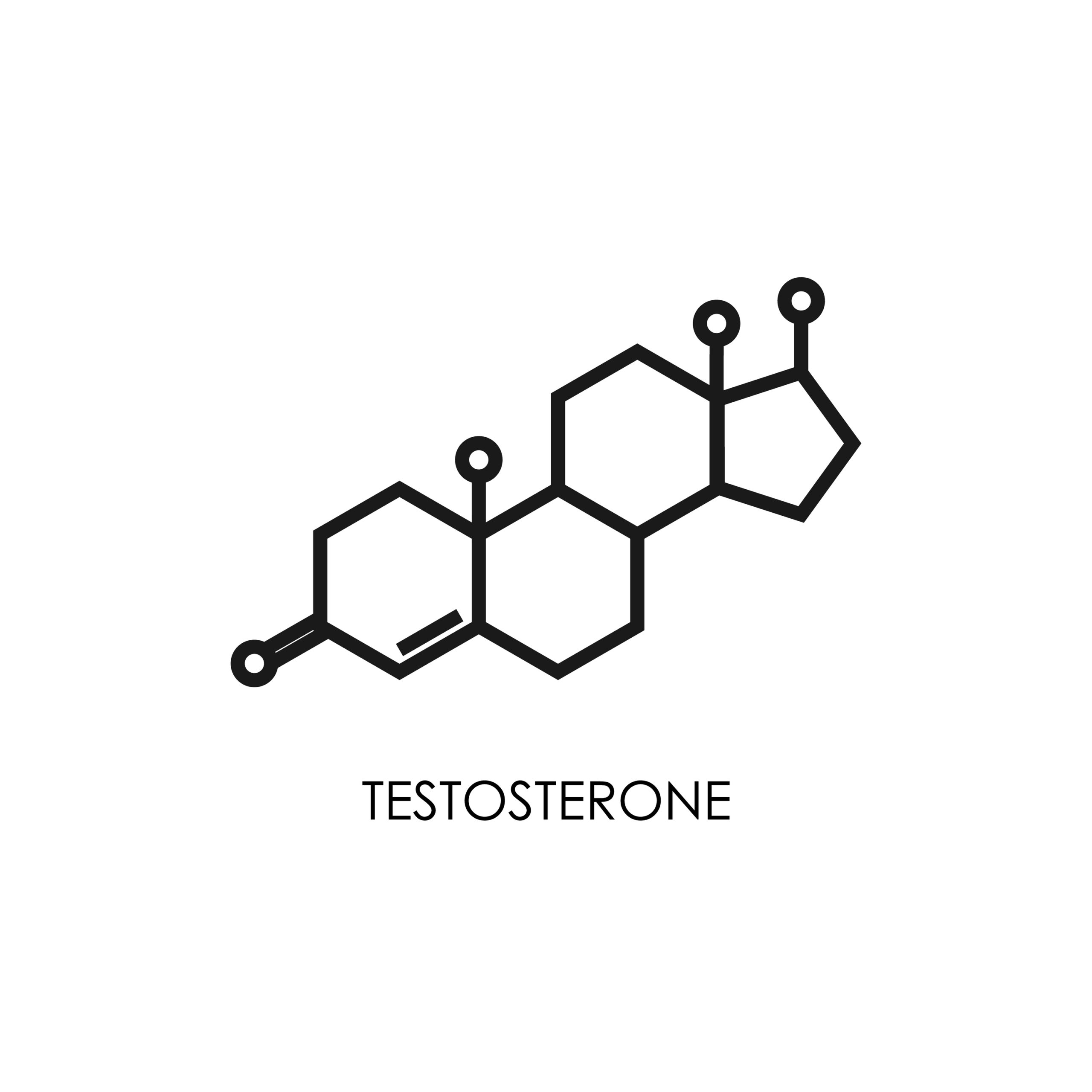
Following randomized controlled trials (RCTs) that showed an association between vitamin D levels and prostate cancer progression, researchers examined whether testosterone served a biological mechanical function in the relationship. In their meta-analysis, published in Cancer Causes & Control, they found “some evidence that vitamin D increases levels of total and free testosterone, although the effect of testosterone levels within the normal range on prostate cancer progression is unclear.”
The researchers, led by Luke A. Robles, reviewed data of trials related to the effect of vitamin D on testosterone, and testosterone on advanced prostate cancer or prostate cancer-specific mortality. Advanced disease was defined as a diagnostic Gleason score of eight or more and development of metastasis.
Testosterone’s Role in Prostate Cancer Acceleration
According to the report, analysis of ten human RCTs established an association between vitamin D and total testosterone (standardized mean difference [SMD] = 0.133; 95% CI,−0.003 to 0.269; I2 = 0.0%; P=.056). Additionally, five human RCTs revealed that free testosterone was affected by vitamin D (SMD = 0.173; 95% CI, −0.104 to 0.450; I2 = 52.4%; P=.220). Three human cohort studies showed inconsistent evidence of an effect of testosterone on advanced prostate cancer or prostate cancer-specific mortality.
In one reviewed study, higher levels of calculated free testosterone were positive associated with the primary prostate cancer outcomes of the analysis. Conversely, another study showed that higher levels of dihydrotestosterone were associated with lowered prostate cancer-specific mortality.
Ultimately, Robles and colleagues reported that they uncovered “no strong evidence” of an association between testosterone concentration and prostate cancer progression via vitamin D mechanisms. They added that “further research is required to establish whether testosterone is a plausible biological mechanism between vitamin D and prostate cancer progression.”
View More Research on the Prostate Cancer Resource Center







 © 2025 Mashup Media, LLC, a Formedics Property. All Rights Reserved.
© 2025 Mashup Media, LLC, a Formedics Property. All Rights Reserved.